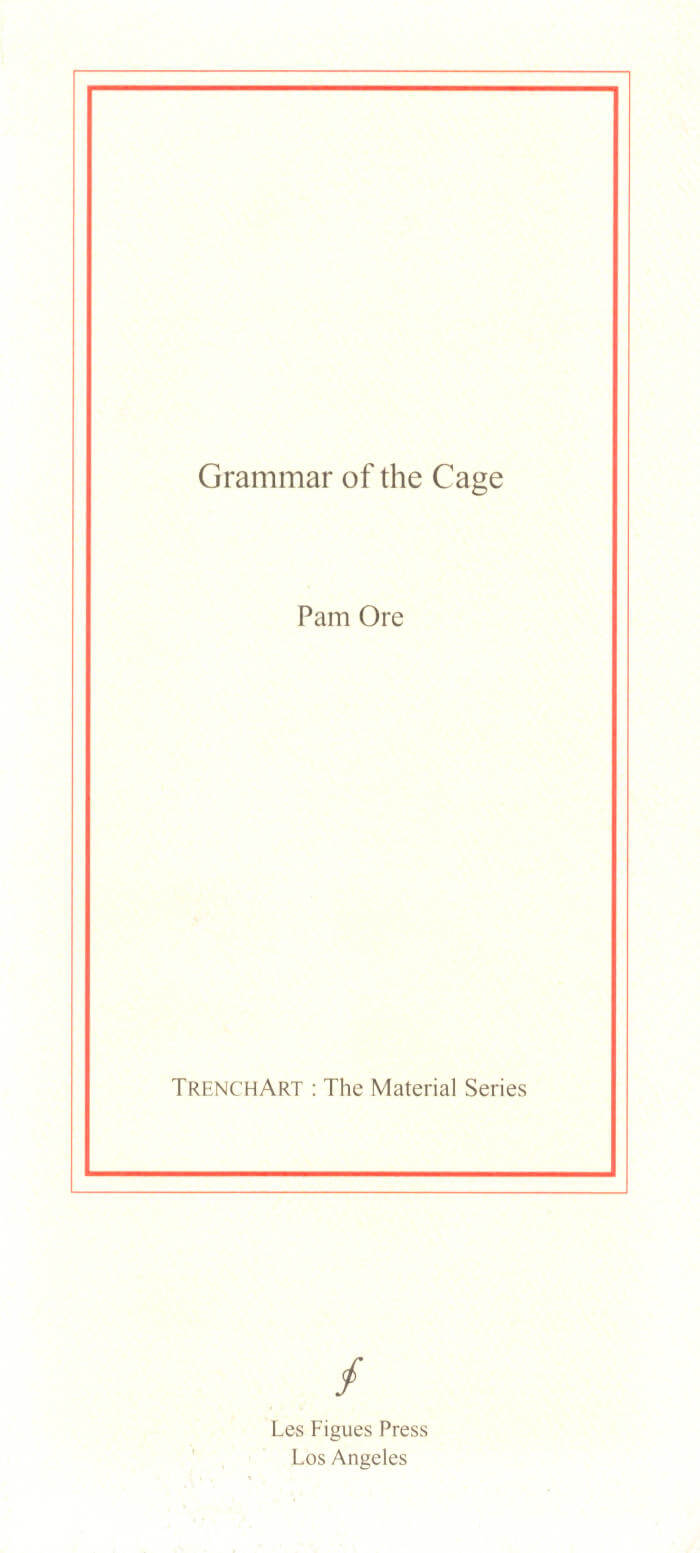Contributors to Starship № 20:
Rosa Aiello, Terry Atkinson, Tenzing Barshee, Gerry Bibby, Mercedes Bunz, David Bussel, Jay Chung, Eric D. Clark, Caleb Considine, Hans-Christian Dany, Albert Dichy, Nikola Dietrich, Martin Ebner, Ruth Angel Edwards, Stephanie Fezer, Jean Genet, Simone Gilges, Julian Göthe, Michèle Graf, Selina Grüter, Ulrich Heinke, Toni Hildebrandt, Beatrice Hilke, Karl Holmqvist, Stephan Janitzky, G. Peter Jemison, Charlotte Johannesson, Julia Jost, Julia Jung, Jakob Kolding, Nina Könnemann, Lars Bang Larsen, Anita Leisz, Norman Lewis, Elisa R. Linn, Sebastian Lütgert, Vera Lutz, Chloée Maugile, Robert McKenzie, Ariane Müller, Christopher Müller, Robert M. Ochshorn, Henrik Olesen, Kari Rittenbach, Nina Rhode, Ulla Rossek, Cameron Rowland, Mark von Schlegell, Ryan Siegan Smith, Philipp Simon, Valerie Stahl Stromberg, Josef Strau, Vera Tollmann, Eleanor Ivory Weber, Camilla Wills, Amelie von Wulffen and Florian Zeyfang.
"This is the 20th issue of Starship and we are proud and very happy to present it, and mainly want to thank all the artists, the contributors, the columnists, and the people who helped us gather images of exhibitions past, and gave us texts from books not yet published. Starship never starts with a clear concept about its future content, or what could be called a theme, but always with a sort of attentive interest. The theme may develop through its columnists—we now think it is easy to distinguish lines of thoughts, images, and texts answering each other. But it surely does so out of this editorial interest that wanders, and finds, and collects, is enthusiastic about artworks, and texts, and people, and then, well, brings this all together in a magazine. This was our working mode during the past year, and the responsiveness of those who regularly write for Starship (the columnists) has shown us that out there others are involved in thoughts that run very much in parallel. It is a strange form, a magazine like this, not getting funded, appearing irregularly, but still following a sort of conventional form that shows its consistency. It is at its core an excess of producing something that might prove itself valuable and liberating in the future."
—Ariane Müller, Henrik Olesen








